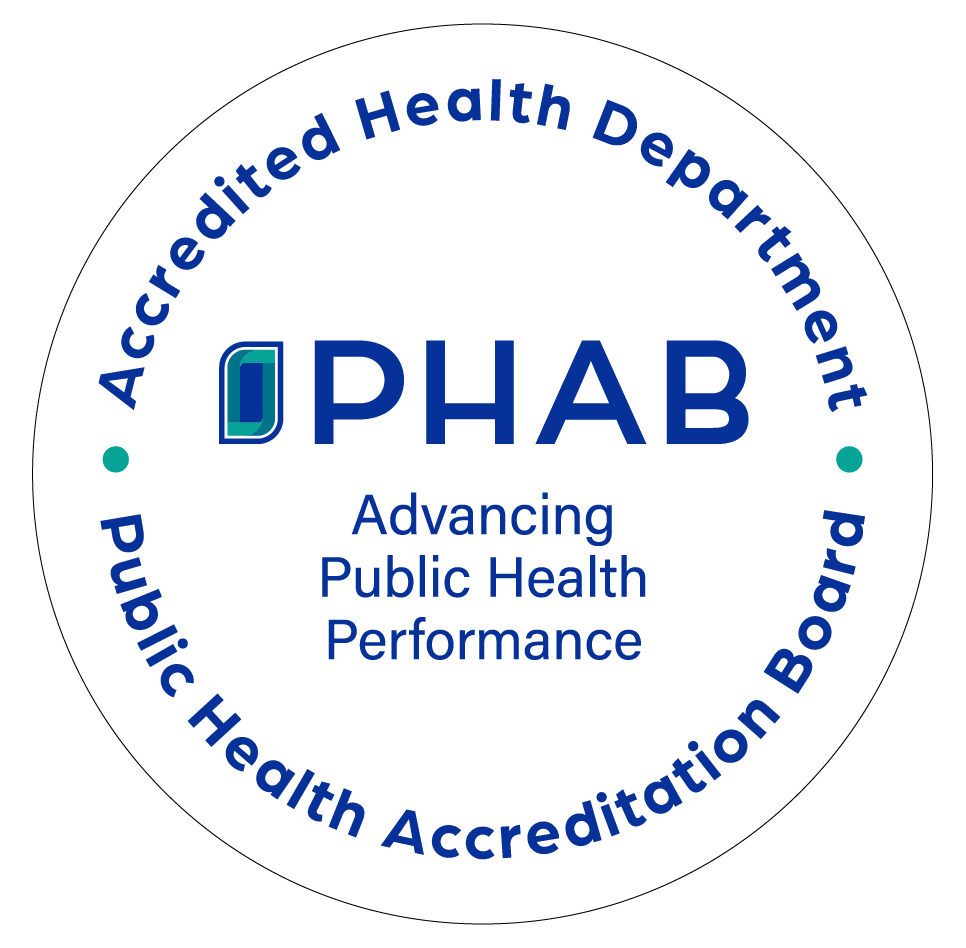Early Hearing Detection and Intervention (EHDI)
Parent Response Form
Did you receive a text or letter from the Indiana Department of Health? Click here to submit a secure confidential response.
Formulario de respuesta de los padres
¿Recibió un mensaje de texto o una carta del Departamento de Salud de Indiana? Haga clic AQUÍ para enviar una respuesta segura y confidencial.
Fòm repons paran yo
Èske ou te resevwa yon tèks oswa yon lèt nan men Depatman Sante Indiana a? Klike ISIT la pou soumèt yon repons konfidansyèl ki an sekirite.
မိဘတုံ့ပြန်မှုဖောင်
Indiana ကျန်းမာရေးဌာနမှ စာတို သို့မဟုတ် စာတစ်စောင်ကို သင်လက်ခံရရှိပါသလား။ လုံခြုံသောလျှို့ဝှက်တုံ့ပြန်ချက်ကိုတင်ပြရန် ဤနေရာကိုနှိပ်ပါ။
The Indiana EHDI program monitors universal newborn hearing screening procedures at birthing facilities, follow-up audiological testing, hearing loss identification, and early intervention enrollment with the goal of maximizing outcomes for children identified as deaf or hard-of-hearing in the state of Indiana.
Indiana EHDI staff provide surveillance on the incidence of hearing loss and provide public and professional education about hearing loss throughout the state. Staff also provide parent-to-parent support to families with deaf and hard-of-hearing children for one year after diagnosis through the Guide by Your Side program.
Family & Caregivers
Birthing Hospitals & Healthcare Providers
Early Childhood Providers
About
Hearing loss is one of the most common conditions present at birth and can have long-lasting effects on a child’s ability to develop speech and language if left undetected. Prior to universal newborn hearing screening (UNHS), the average age of identification of a child with hearing loss was 30 months. In early 2000, universal newborn hearing screenings were mandated by law and since that time, the age of identification of permanent congenital hearing loss has decreased to less than 6 months of age. Research has shown that earlier identification of hearing loss significantly improves speech and language outcomes for these children. Through the dedication and hard work of our birthing facilities, audiologists, physicians, and parents, we can continue to ensure that babies are identified with hearing loss at as early an age as possible to maximize their outcomes.
EHDI Goals
EHDI goals are mandated by state and federal law to include a 1-3-6 screening model.
 | All infants born in Indiana should receive a newborn hearing screening prior to one month of age. |
 | All babies who do not pass their newborn hearing screening should receive an audiology diagnostic assessment before three months of age. |
 | All infants identified with permanent hearing loss should be enrolled in early intervention before six months of age. |
Every infant with hearing loss should have a medical home. According to the American Academy of Pediatrics (AAP), a medical home is an approach to providing comprehensive primary care that facilitates partnerships between patients, physicians, and families. A medical home should include patient- and family-centered partnerships, a community-based system, transitions, and value.
Legal Mandate
- Indiana Code 16-41-17-2 states that “…every infant shall be given a physiologic hearing screening examination at the earliest feasible time for the detection of hearing loss.”
Under Public Law 91-1999, screening for hearing loss began on July 1, 2000. - Birthing facilities and hospitals are required to report screening results and referral information to the EHDI department in the Indiana Department of Health (IDOH) each month.
Post-screening
When a baby does not pass the newborn hearing screening, the hospital enters the information into the EHDI “EARS” database collection system, and Indiana EHDI staff receive an alert. The parents of infants who did not pass the hearing screening receive a phone call from an Indiana EHDI Parent Consultant to answer questions and offer support in the process. Letters are sent to parents and PCPs regarding the infant’s hearing results, reminding them of the need for further audiology diagnostic testing. Infants who did not pass the newborn hearing screening and do not have a documented diagnosis are followed by the program until one year of age to ensure a diagnosis is achieved.
Post-diagnosis
When an infant is identified as deaf or hard of hearing, a tool kit is sent to the parents and the Physician, and a referral is made to our early intervention program, First Steps. Parents will also be contacted by the Guide by Your Side program. This program offers free and local parent-to-parent support to help guide the family into an early intervention that reflects their choices and desires for their child for one year after diagnosis at no charge to the family.
Contact
Suzanne M. Foley, M.S., Au.D., CCC-A, EHDI Director, (317) 232-0972
Stacy Allgeier, Follow-up Coordinator, (317) 233-1264
Mariana Barquet, EHDI Guide by Your Side Coordinator, (317) 233-7686
Click here to view the staff directory.

